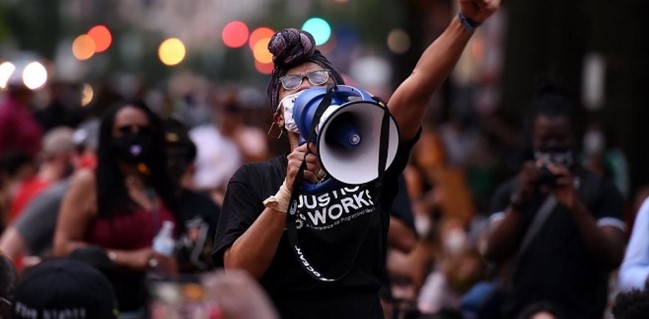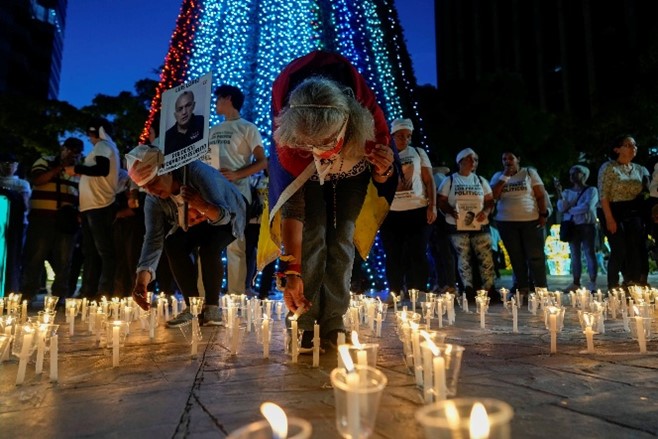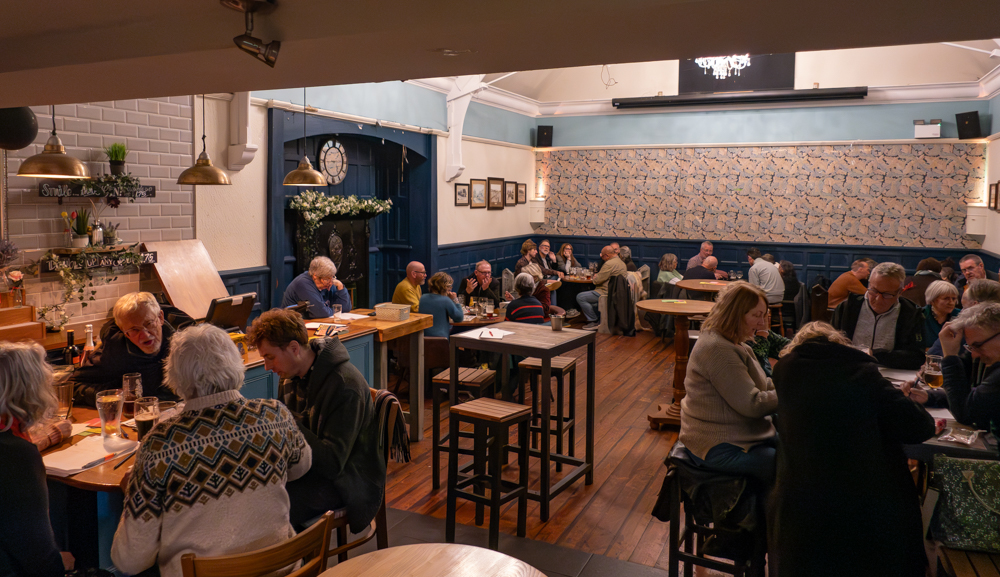This month we bring you news from Venezuela, Colombia, Argentina, Chile and Suriname
Highlights are:
- Regional: AI Directors in the region have shared concerns about President Trump’s agenda and the implications for human rights in the region and more widely
- Venezuela: There is a new Urgent Action calling for the release of four unfairly detained Human Rights Defenders
- Colombia: There is a new Urgent Action calling for the protection of the civilian population of Catatumbo, where armed violence has led to dozens of civilian deaths and massive forced displacements
- Argentina: Tens of thousands have taken to the streets to protest against the threat to diversity rights arising from President Milei’s recent pronouncements
- Chile: Two police officers have been sentenced to imprisonment for an unprovoked attack in 2019 that led to a 24-year-old student and athlete losing vision in one eye
- Suriname: Plans for a major mining project in western Suriname have sounded alarms in nearby Indigenous communities
REGIONAL

The executive directors of all Amnesty International Americas sections have joined to share concerns about President Trump’s agenda and possible threats to human rights in the U.S. and around the world and especially the impacts on the Americas region. Amnesty International Directors also reminded the incoming U.S. administration of its international human rights obligations in a challenging and polarised environment.
VENEZUELA

We have launched a new Urgent Action calling for the release of Javier Tarazona, Rocio San Miguel, Carlos Julio Rojas, and Kennedy Tejeda. Carlos Correa, who we have also been campaigning for, has now been released. Correa had been detained for eight days after being intercepted by hooded individuals dressed in black, without his friends or family knowing his whereabouts. There are reports of him to be soon facing criminal charges, although no evidence of criminal wrong-doing has been presented.
Javier Tarazona has been unfairly detained since 2 July 2021, Rocio San Miguel since 9 February 2024, Carlos Julio Rojas since 15 April 2024, and Kennedy Tejeda since 2 August 2024. Rocio San Miguel has not received complex surgery and rehabilitation for an injury sustained months back whilst in custody. [Read more…]






